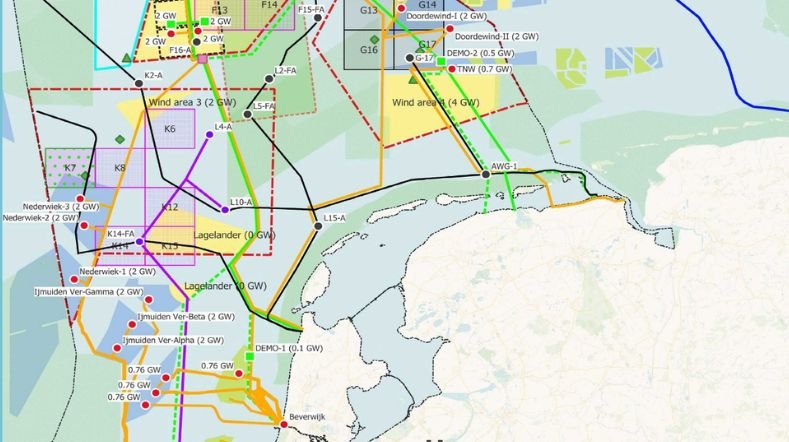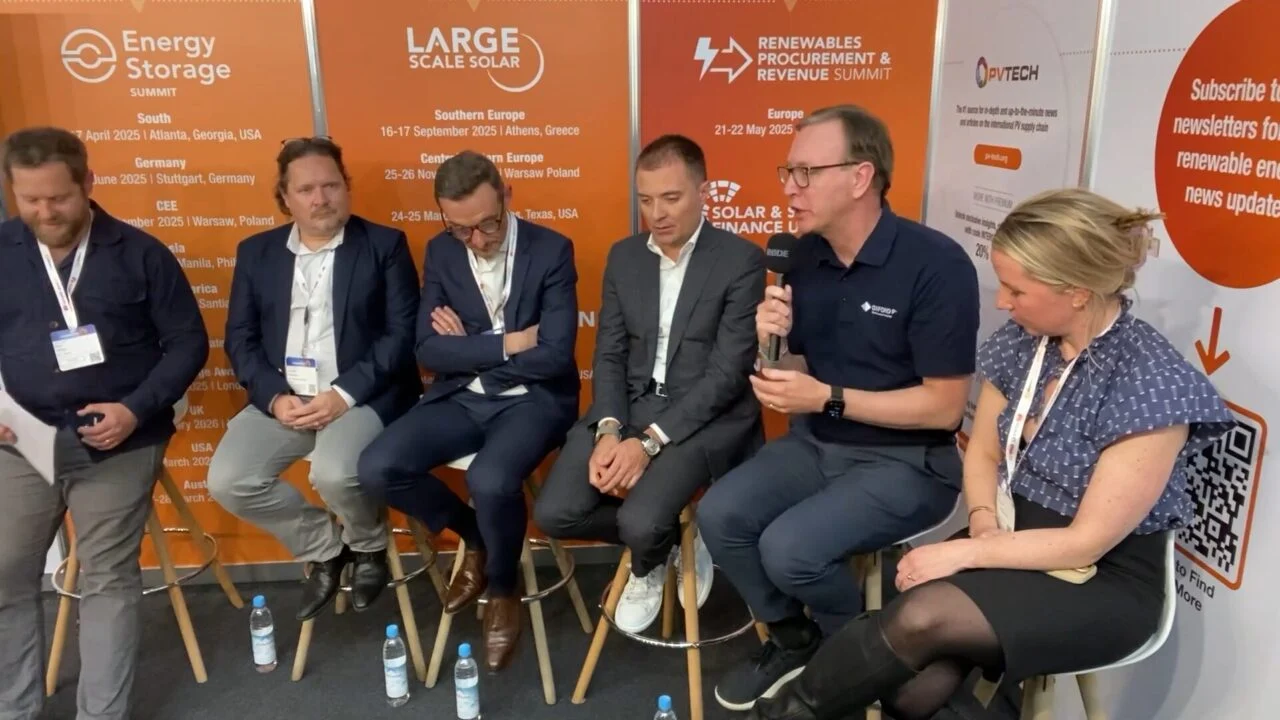The North Sea is emerging as a central player in Europe’s energy strategy, offering a pathway to a more independent and cost-effective energy system. The North Sea Energy (NSE) program emphasizes the need for international cooperation to maximize the region’s potential for achieving climate objectives on schedule.
To streamline efforts, the NSE program outlines several key recommendations:
1. **Multiple use of space**: The program advocates for utilizing the North Sea’s space for various functions, including renewable energy production, fishing, and shipping. 2. **Stakeholder engagement**: Involving ecological experts and stakeholders from the earliest stages of planning ensures that environmental considerations are integrated into energy projects. 3. **European coordination**: The program calls for harmonized infrastructure, investment strategies, and regulations across European nations to support a unified energy approach. 4. **Business case development**: Strong financial frameworks are necessary to support sustainable energy projects, ensuring they are economically viable. 5. **Resource security**: Strategic choices regarding raw materials and supply chains are essential to maintain energy security.
The Netherlands is well-positioned to lead this energy transition in Europe, but success hinges on aligning national initiatives with broader European goals and fostering collaboration with neighboring countries. By sharing resources and strategies, nations can responsibly harness the North Sea’s energy potential.
The NSE program has launched several resources to support this initiative, including the North Sea Energy Atlas, an action plan, and the updated NSE Toolbox. These tools provide policymakers, industry leaders, and the public with actionable insights based on two and a half years of research. They shift the focus from theoretical options to concrete actions aimed at securing a clean and affordable energy supply.
Additionally, the NSE has introduced the ‘Make Your Own Binder’ tool, enabling users to compile personalized summaries of relevant information based on their interests. This tool was presented by René Peters during a recent event, highlighting the program’s commitment to accessibility and engagement.
As Europe looks towards a greener future, the North Sea stands as a crucial energy resource. Its responsible use could significantly impact the continent’s energy landscape, fostering sustainability while meeting the growing demand for renewable energy.




